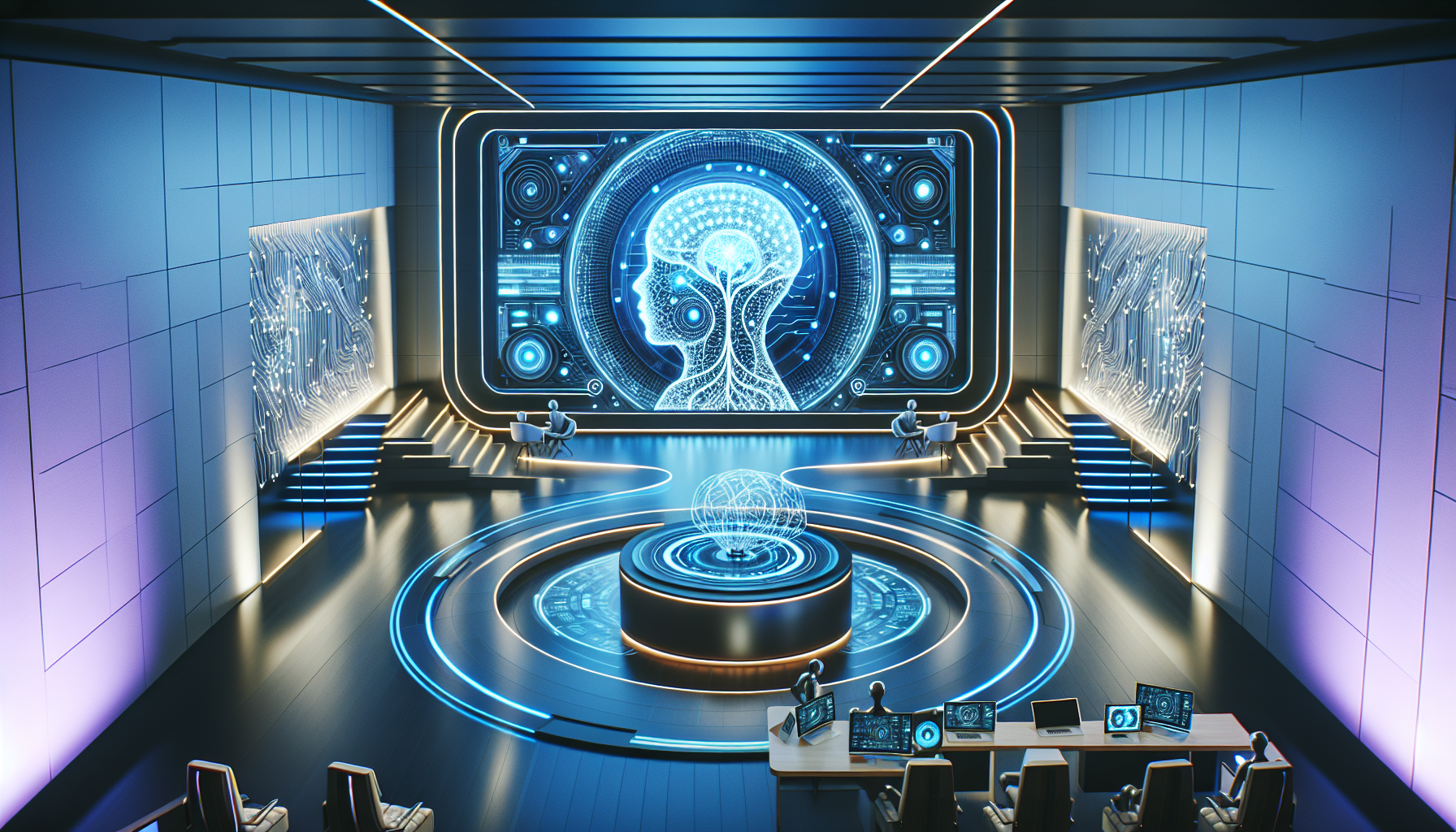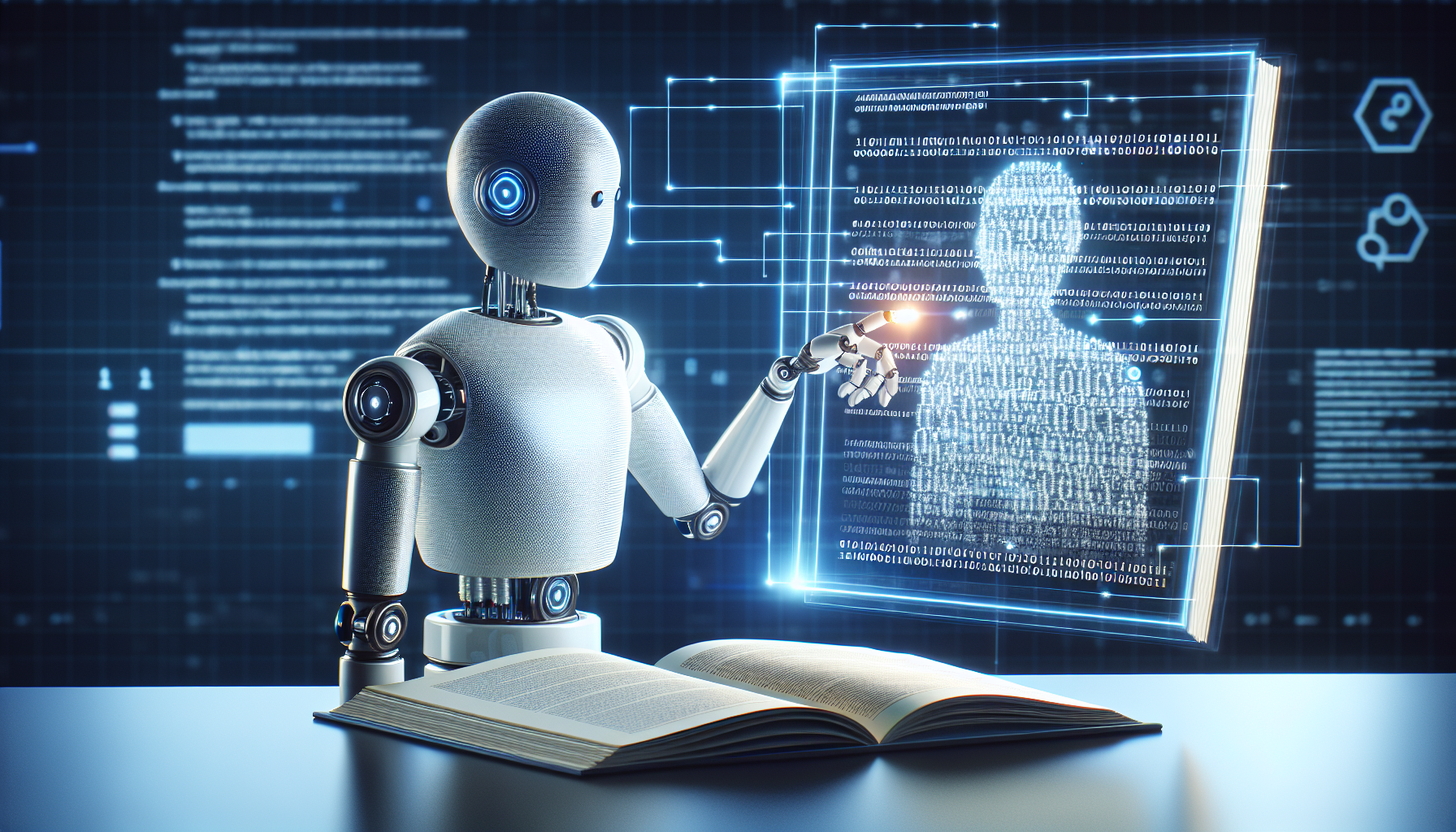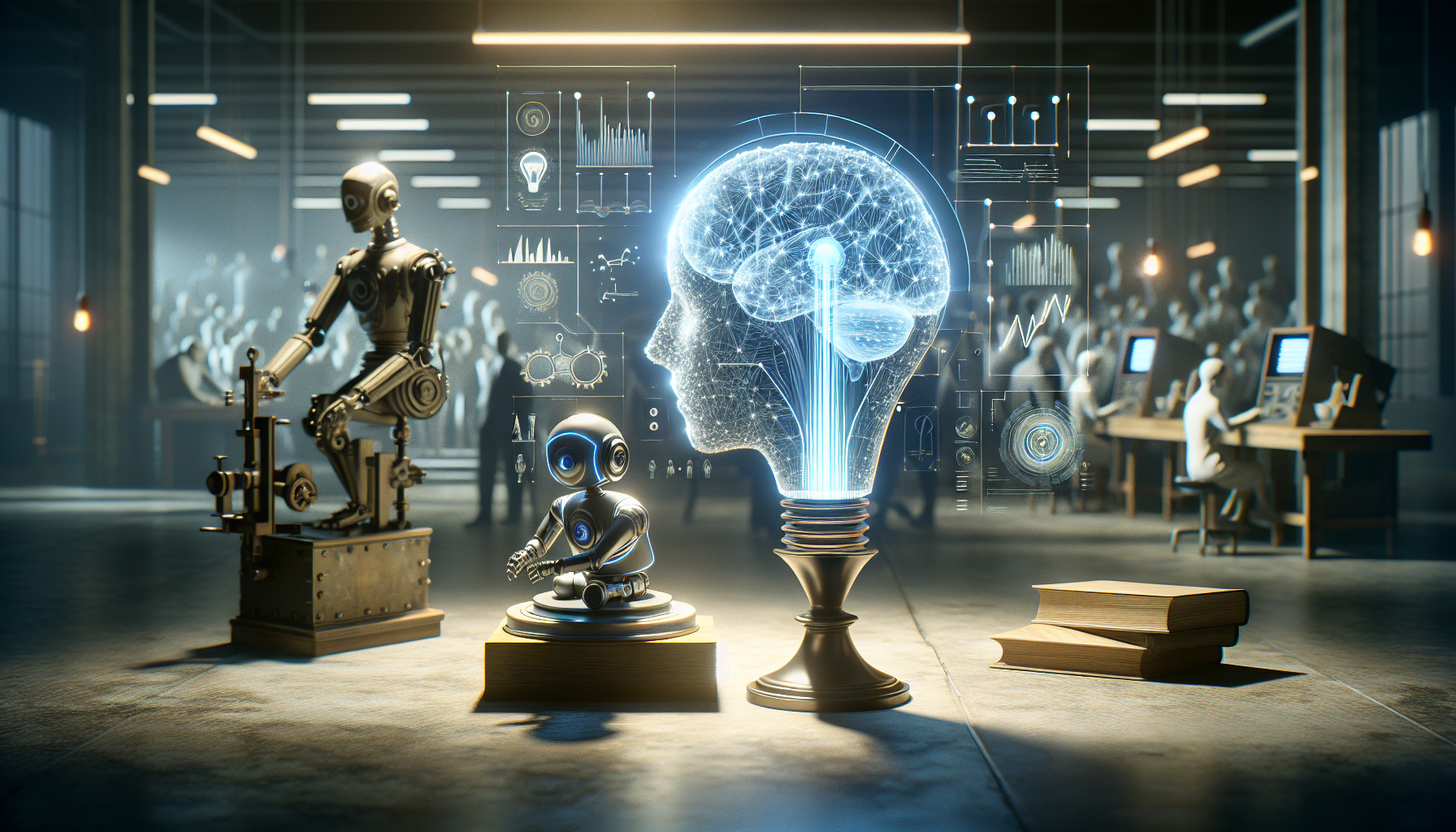
AI Takes the Field: Sports Performance and Fan Engagement Get a High-Tech Makeover
July 18, 2025
Artificial Intelligence has been barging into our lives with the subtlety of a linebacker in a tutu, and now it’s storming the sports arena. While athletes are flexing their muscles, AI is flexing its algorithms, reshaping the way sports are played, watched, and even understood. As we dive into this digital scrum, let's huddle up and explore how AI is shaking things up, from enhancing athletic performance to transforming fan experiences. Spoiler: It's like giving your favorite team a cheat code, minus the guilt.
Gone are the days when coaches relied solely on gut instinct and questionable calls. Now, AI is the strategic mastermind, whispering sweet nothings—well, data-driven insights—into coaches’ ears. Imagine having a personal assistant who not only schedules your appointments but also predicts your next ankle sprain based on your landing angle last Tuesday. This is the reality for athletes, who now have access to AI-driven performance analytics that can predict injuries, plot training regimens, and even suggest when an athlete should skip leg day (as if anyone needed an excuse).
But let’s not pretend AI is all work and no play. It’s also adding a splash of digital confetti to the spectator experience. In the age of AI, fans are no longer passive couch potatoes. They're engaged, interactive couch potatoes. AI-powered platforms allow fans to dive into a depth of statistics that would make even the most dedicated sabermetrician blush. Want to know how many times your favorite player twirled their hair before taking a penalty shot? There’s an AI for that.
And then there’s the virtual and augmented reality experiences that make you feel like you’re part of the action—or at least closer to it than your living room sofa would suggest. AI creates immersive experiences that can transport fans to the sidelines or even into the stadium, all without the hassle of overpriced nachos. These technologies are redefining what it means to be a fan, turning game days into a digital festival of sorts.
But while AI is busy charming its way into our hearts (and our sports), it's also stirring the pot. Purists argue that AI might be stripping the game of its human element. After all, isn’t sportsmanship about the unexplainable thrill of an unexpected play? The tension of a coach’s face as they make a game-changing decision on a whim? With AI calling the shots, are we losing the very unpredictability that makes sports so thrilling?
The counterargument, of course, is that AI can enhance the human experience by minimizing errors and optimizing decisions. It’s like having a referee who actually saw the same game you did and not one who occasionally gazes into the existential abyss during crucial moments.
And let's not forget the ethical conundrums. AI’s presence in sports raises questions about fairness and access. If only elite teams can afford top-of-the-line AI solutions, does that widen the digital divide on the playing field? Are we heading towards a future where the outcome of a match is as much about who has the better AI as it is about who has the better athletes?
Moreover, as AI becomes more integrated, there's the looming question of data privacy. With every dribble, sprint, and swing being tracked, athletes could soon find their performance metrics being scrutinized more than their social media feeds. Does this unprecedented level of surveillance enhance the sport, or does it transform athletes into mere data points?
As AI continues to blur the lines between the game and the machine, one can't help but wonder: are we witnessing the dawn of a new golden era in sports, or are we just getting a sneak peek into a future where robots might eventually demand their own league?
The intersection of AI and sports is a fascinating spectacle—a high-tech match we’re all eager to watch unfold. So, the next time your favorite team wins, feel free to thank the athletes. But maybe, just maybe, tip your hat to the algorithms lurking quietly in the background. They might be the real MVPs.


